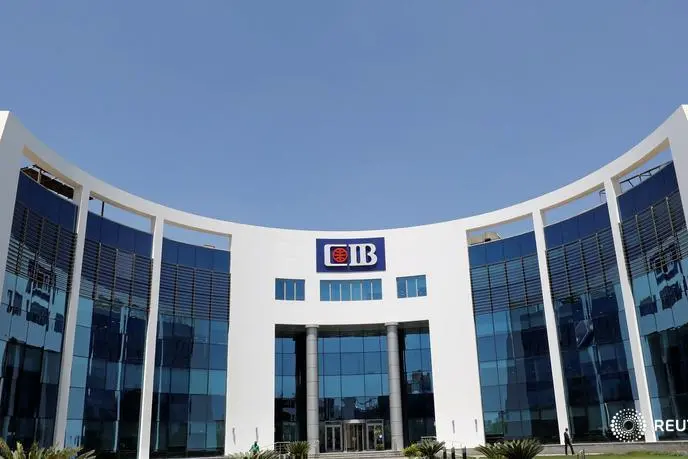PHOTO
Fitch has placed Egypt’s Commercial International Bank (CIB) long-term issuer default rating, viability rating, national ratings and National Bank of Egypt's (NBE) viability rating on rating watch negative (RWN).
Fitch has also revised its support rating floor (SRF) for CIB down to 'B' from 'B+'.
The ratings agency believes that the RWN on both banks’ ratings reflects expectations that Egyptian banks will face material pressure from a weaker operating environment and tightening of foreign currency (FC) liquidity as a result of the COVID-19 pandemic.
“Global financial markets volatility triggered USD14 billion of investment portfolio outflows in March from the local currency debt market, pressuring FC reserves as this is repatriated and liquidity in the banking sector,” the ratings agency said in a note.
“FC reserves dropped by USD5 billion in one month to USD40 billion at end-March and we believe the banks' used net foreign assets (NFA), which stood at USD7.9 billion at end-February, to partially cover these outflows,” the note said.
Egypt announced 298 new coronavirus infections on Saturday, bringing the total number of cases in the country to 6,193.
Fitch expects FC liquidity to be further constrained by lower tourism receipts, the impact on Suez Canal revenues from the global trade slowdown and weaker FDI inflows. The trade and services sectors (including tourism, transportation and Suez Canal) account for about 27 percent of the total banking sector lending and 23 percent of GDP.
“Measures by the Central Bank of Egypt (CBE) to restructure credit facilities to the distressed tourism sector for three years combined with a six-month credit extension for corporates and retail could provide some relief, but will delay the recognition of impaired loans and understate the real level of problem loans in the sector,” the note said.
“Banks with higher exposures to small businesses will also be affected, given the latter's weaker resilience to a deteriorating operating environment. We also expect higher impaired loans origination for FC loans, intensifying the pressure on asset quality,” the note added.
(Writing by Gerard Aoun; editing by Seban Scaria)
#FITCH #EGYPT #FINANCIALSERVICES
Disclaimer: This article is provided for informational purposes only. The content does not provide tax, legal or investment advice or opinion regarding the suitability, value or profitability of any particular security, portfolio or investment strategy. Read our full disclaimer policy here.
© ZAWYA 2020





















